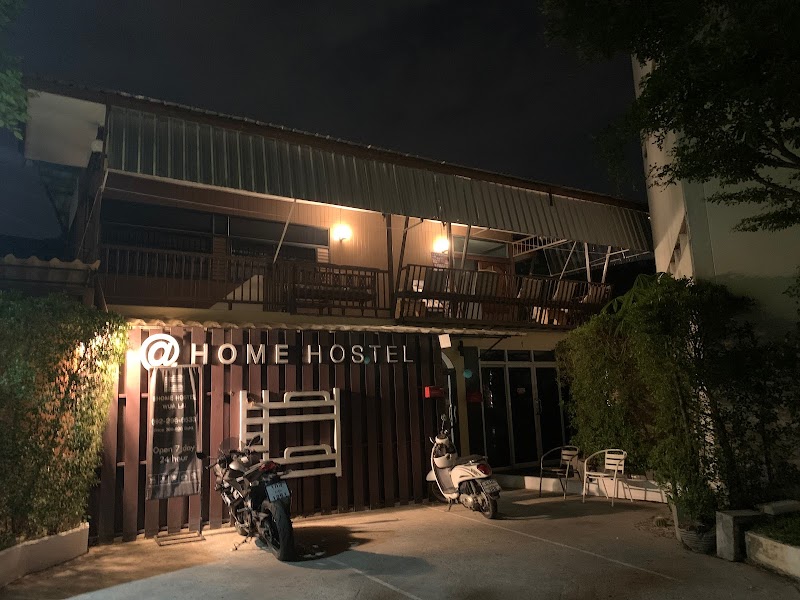Garden beautiful! Rooms really quite even tho they are filled to the max! I did not sleep good but that’s up to me. The beds were the best I had in Thailand! Only the little table next to the bed is not foldable so I bumped my arm and head into it a couple of times.
Discover the Biggest Hostel in Chiang Mai


